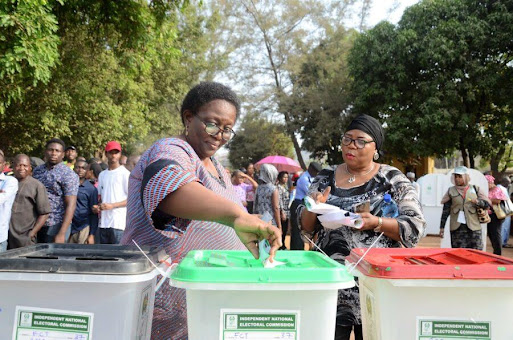By Chidi Odinkalu
On February 27, 2024, Nigeria’s
National Judicial Institute, NJI, in Abuja opened a continuing education course
for judges. The opening featured an address by the Chief Justice of Nigeria,
CJN, Olukayode Ariwoola, who invited the participants to eschew “unethical
conduct that could expose the judiciary to ridicule.” Beneath his text, it
seemed as if the Chief Justice desired to warn the participants to stay away
from interfering with a brief that he has chosen to make entirely his own.
Under his watch, judicial appointments in Nigeria have become farcical.
*CJN Olukayode Ariwoola
The fortnight before this
address, it emerged that the CJN’s daughter-in-law, Oluwakemi, was at the top
of a list of 12 nominees to fill judicial vacancies in the High Court of the
Federal Capital Territory, FCT. In the preceding six months, he had also
appointed his son, Kayode Jr., as a judge of the Federal High Court; elevated
his nephew, Lateef, to become a Justice of the Court of Appeal; and made his
own blood brother, Adebayo, the auditor of the National Judicial Council, NJC,
which he chairs in his capacity as the CJN. With this CJN’s retirement from
office due on August 22, 2024, the concerted effort to anoint his daughter-in-law
to the bench would presumably showcase his credentials for gender equity within
his family. Let’s not digress though.




















